By Mariela Gaete-Reyes
Thanks to the Fusion Investment Fund, SMN Strand Santander Scholarships 2012-13, I was able to visit Chile and Colombia as a BUDI ambassador this summer. The objective of the visits was to undertake collaborative work with two institutions and to develop networks with other institutions and academics in both countries to explore the possibilities of working collaboratively with them in the future.
In Santiago I did scoping interviews with 8 key actors working in dementia, which explored the social-economic and political situation of people living with dementia in Chile and their families. These interviews are the basis of a research grant proposal for a comparative study (underway), in which I worked with Dr Paulina Osorio at Universidad de Chile; she is an anthropologist with a PhD in Sociology. What was evident from the interviews was the absence of public policy relating to dementia in Chile, and consequently, the scarcity of state support. Although this can be expected in a country where there is not welfare state, it means that families have to arrange, do and/or pay for all the care. Connected to this is the prevalence of a medicalised view of dementia in Chile which is reflected, in part, in the lack of social research around dementia.
I visited Hospital Clínico Universidad de Chile, and had a meeting with Dr Patricio Fuentes. He is a consultant neurologist and has 20 years of experience working with people with dementia. Dr Fuentes is part of the medical and scientific advisory panel (MSAP) of Alzheimer’s Disease International (ADI). In his role, he provides expert advice and acts as the Chilean ambassador for ADI. Dr Fuentes expressed his interest in working collaboratively with us in research.
I got in contact with Corporación Profesional Alzheimer y otras Demencias COPRAD. This is a multidisciplinary organisation constituted by professionals that seek to contribute to the preservation of mental health and the improvement of the quality of life for people living with Alzheimer and other types of dementia, and also their family carers. I had a meeting with the vice-president of this association, Andrea Slachevsky, who is a consultant neurologist and has a PhD in Neuroscience (Paris). Her interests are in public policy and she, together with the corporation and other actors, has been working to put forward a National plan for dementia, this is called: Plan Nacional de Enfermedad de Alzheimer y Otras Demencias.
I had two meetings with the director of Corporación Alzheimer Chile, Nubia Alvarado. This organisation was created by family members of people with dementia and they have several services for individuals with dementia and their families. This organisation subscribes to ADI. Nubia Alvarado also expressed interest in working with us. I also visited the Instituto Nacional de Geriatria, a geriatric hospital, and had a meeting with the Director of the Hospital, Dr. Juana Silva. They have different levels of care for older people: ambulatory, daytime hospitalisation (four hours), this service is provided when somebody needs to be seen by different specialists; the objective is preventing longer periods of hospitalisations; and hospitalisation. Instituto Nacional de Geriatría has a unit which focuses on training, research, dissemination and extension. When I visited they were about to start a course on dementia care. Dr. Juana Silva manifested her interest in working with BUDI.
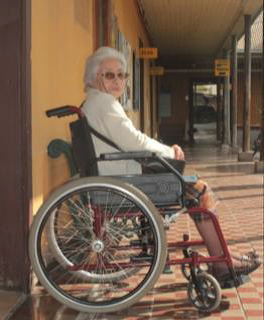

Instituto Nacional de Geriatría. Photos: Courtesy Instituto Nacional de Geriatría.
There were at least three people who expressed interest in coming to BUDI as visiting scholars at some point. Jean Gajardo, OT, MSc in Social Gerontology, who is doing a PhD in Public Health at Universidad de Chile. Javier Nuñez, who is a GP and works in matters relating to Dementia, and Agnieszka Bozanic a neuropsychologist who has worked with individuals with dementia and their families. Carolina Perez who works at Instituto Nacional de Geriatría is thinking about undertaking a postgraduate course (MSc or PhD) and was interested in hearing what we could offer.
After being in Chile, I went to Colombia and met a colleague from BUDI, Ben Hicks, to undertake an academic exchange in collaboration with Universidad del Rosario. We had a four day activity programme in Bogota and Nocaima. Our activities in Bogota included giving lectures/presentations at the University and MEDERI hospital to medical and OT students about the work we do at BUDI and other dementia related themes. We also participated in discussion panels. We visited Hospital Universitario de Barrios Unidos to observe a session of the programme PERMEA (Programa de Estimulación y Rehabilitación de la Memoria y la Atención), for the stimulation and rehabilitation of the memory for people with dementia and other memory problems.

Mariela Gaete-Reyes giving a talk at Universidad del Rosario.

Ben Hicks giving a talk at Universidad del Rosario.
As part of our academic visit we went to Nocaima a rural community close to Bogota. In Nocaima we were introduced to the Healthy Municipality project and had the opportunity to interact with Semillas de Amor, a group of elderly people. We also visited a care home which depends on the church and on donations of the local community. The care home has 33 residents and only one carer and she manages to do all the care and take them to the GP when needed. Finally, we visited Universidad Nacional de Colombia and held a meeting with the Faculty of Nursing to explore collaborative work in ‘Care for carers’, which is a training programme offered to carers of people with chronic illnesses.
Hopefully from this visit we will be able to continue working in collaboration with the institutions we visited in Chile and Colombia in dementia research and education. So, many thanks again to the Santander Scholarship.
Institutions visited:
Santiago, Chile
- Instituto Nacional de Geriatría.
- Hospital Clínico Universidad de Chile, Geriatric section.
- Corporación Profesional Alzheimer y otras Demencias COPRAD.
- Corporación Alzheimer Chile.
- Universidad de Chile, Facultad de Ciencias Sociales.
Bogotá, Colombia
- Universidad del Rosario, Facultad de Medicina y Ciencias de la Salud (Faculty of Medicine and Health Sciences) and Facultad de Jurisprudencia (Faculty of Law).
- Universidad Nacional de Colombia, Facultad de enfermería (Faculty of Nursing).
 This week is International Open Access Week. Now in its 6th year, this global awareness week aims to promote open access as a new norm for scholarship and research. Research shows that making your research freely available dramatically increases the number of citations and leads to more people downloading the research papers, this increasing the academic and societal impact of your research.
This week is International Open Access Week. Now in its 6th year, this global awareness week aims to promote open access as a new norm for scholarship and research. Research shows that making your research freely available dramatically increases the number of citations and leads to more people downloading the research papers, this increasing the academic and societal impact of your research.

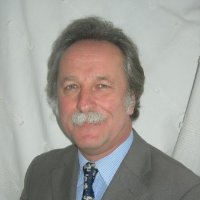
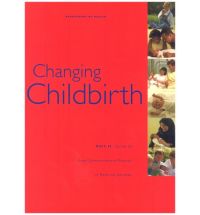 maternity report. The session, funded by the Wellcome Trust, was held at the Royal College of Obstetricians and Gynaecologists in London – an appropriate place given the balance of power at the time of the report. BU Professors Vanora Hundley and Edwin van Teijlingen were invited to attend as part of the selected audience at the session.
maternity report. The session, funded by the Wellcome Trust, was held at the Royal College of Obstetricians and Gynaecologists in London – an appropriate place given the balance of power at the time of the report. BU Professors Vanora Hundley and Edwin van Teijlingen were invited to attend as part of the selected audience at the session.




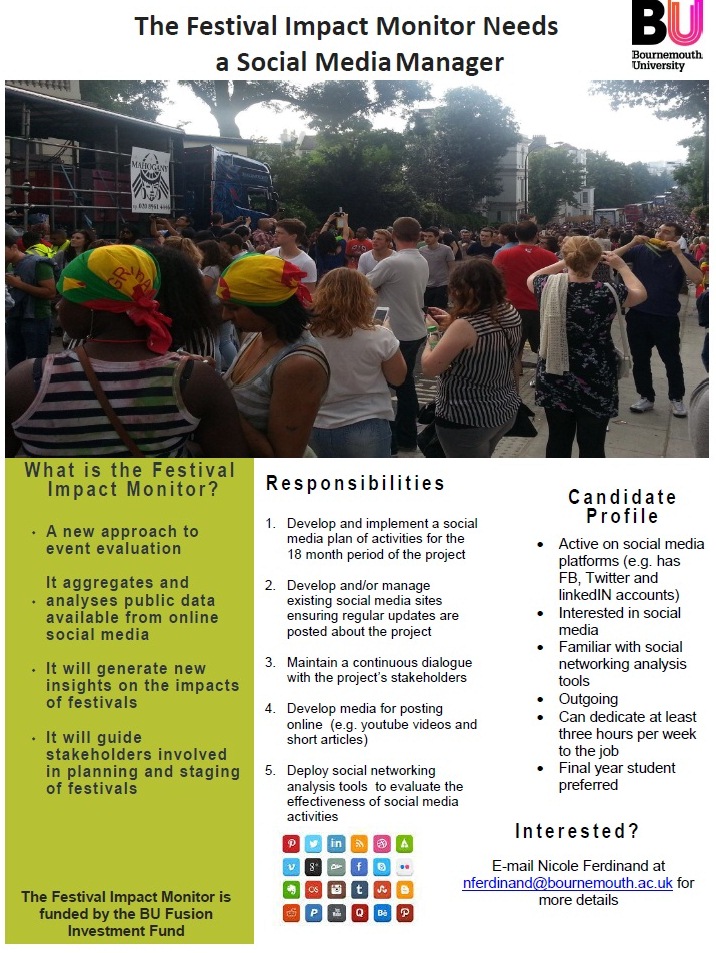




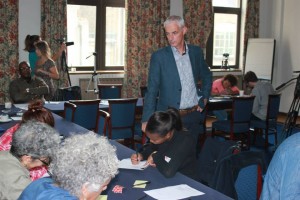


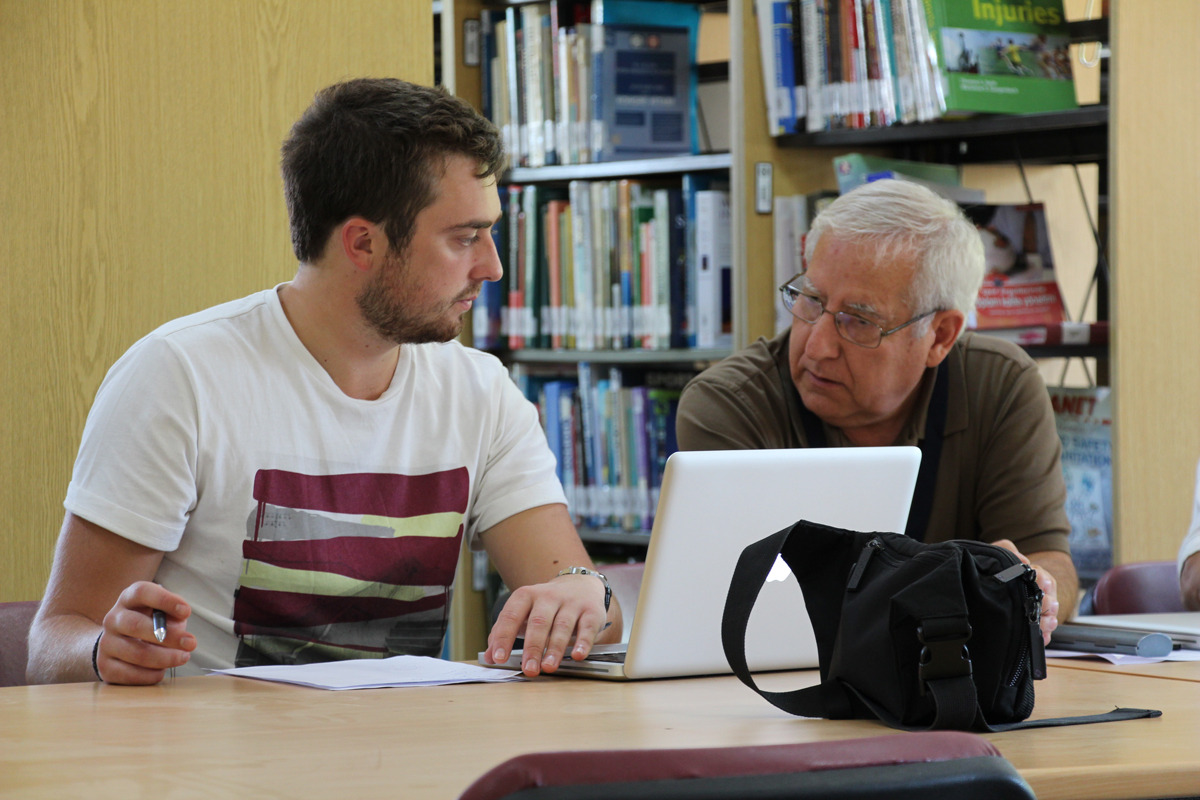
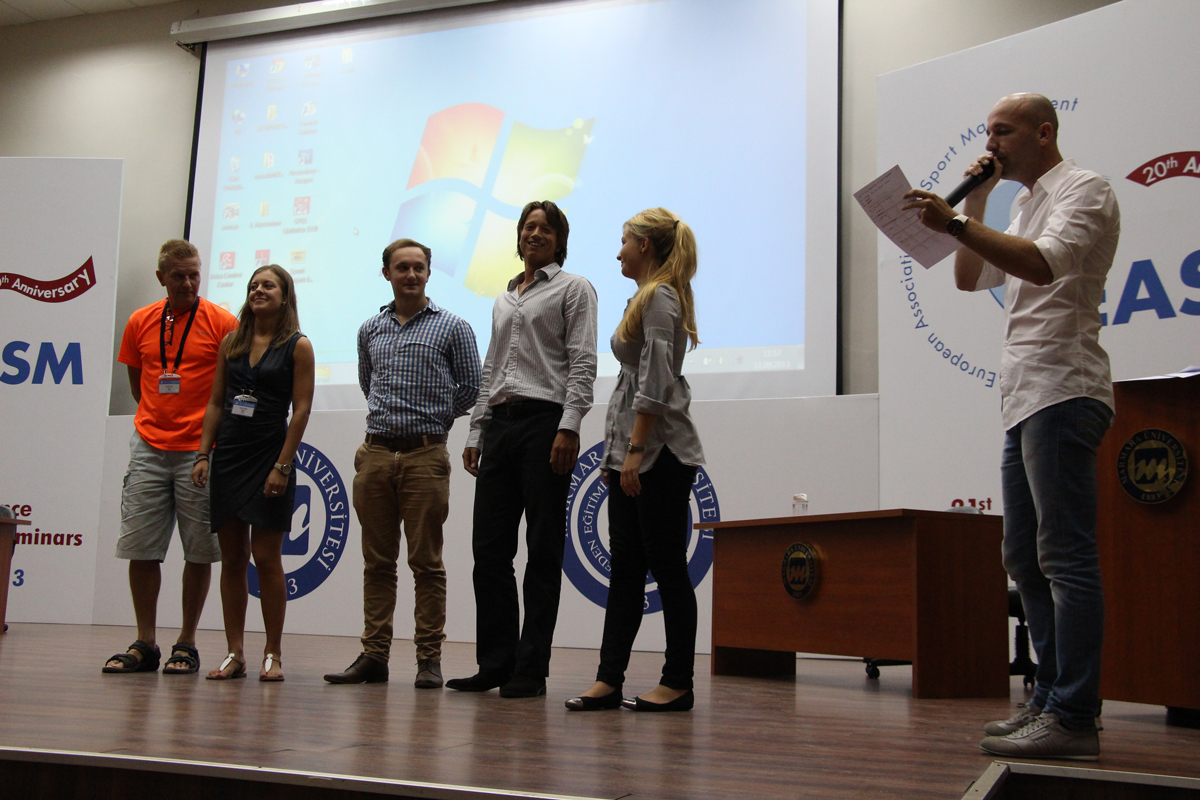
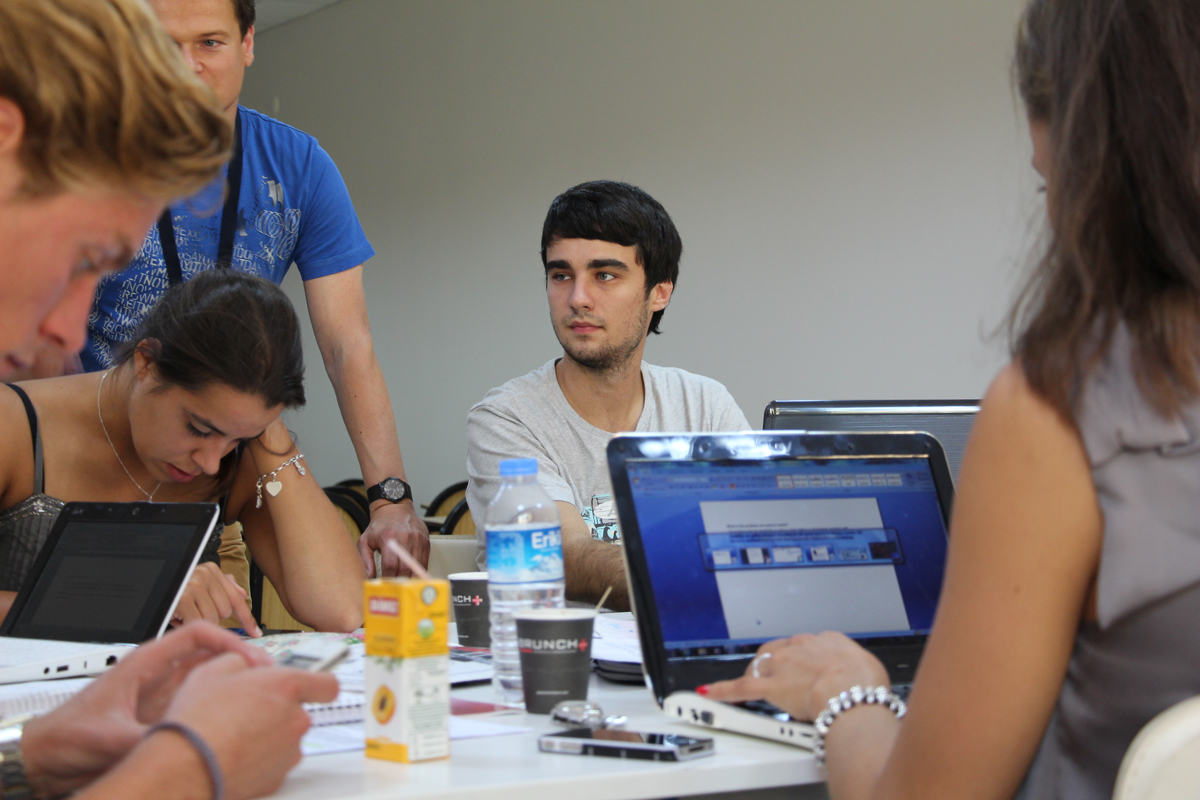
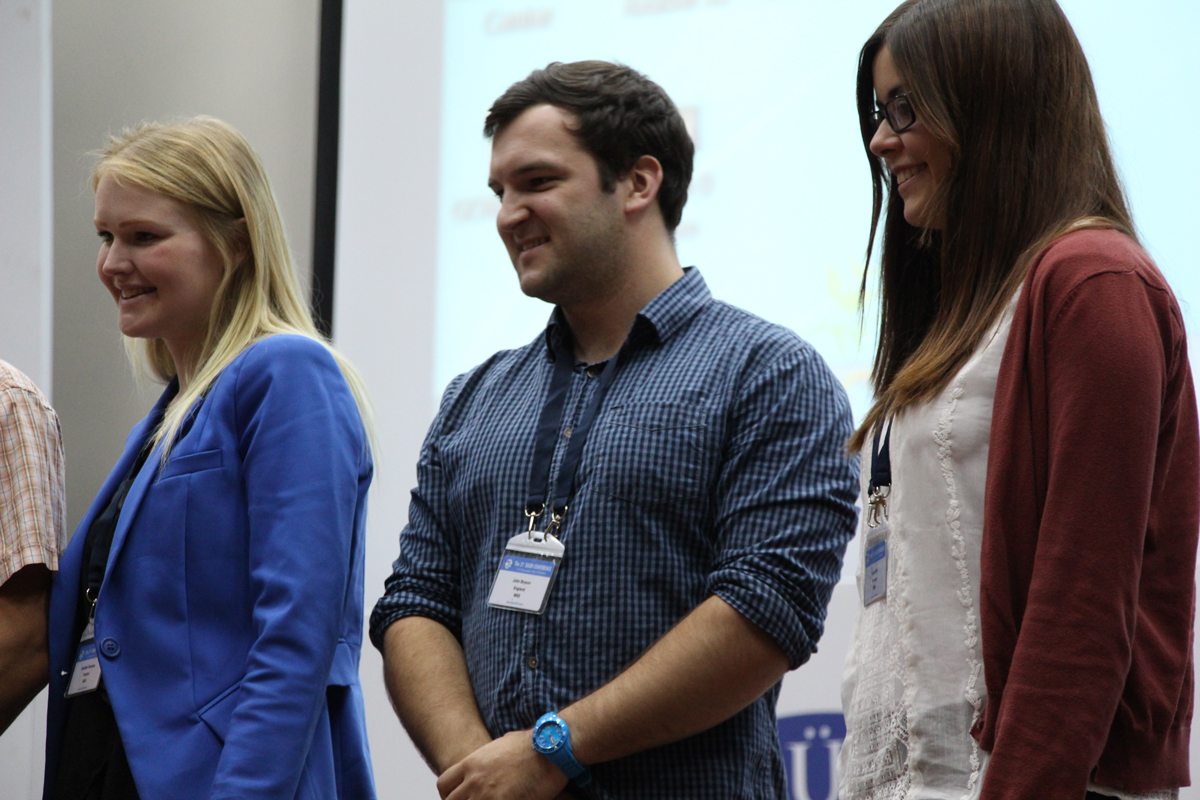
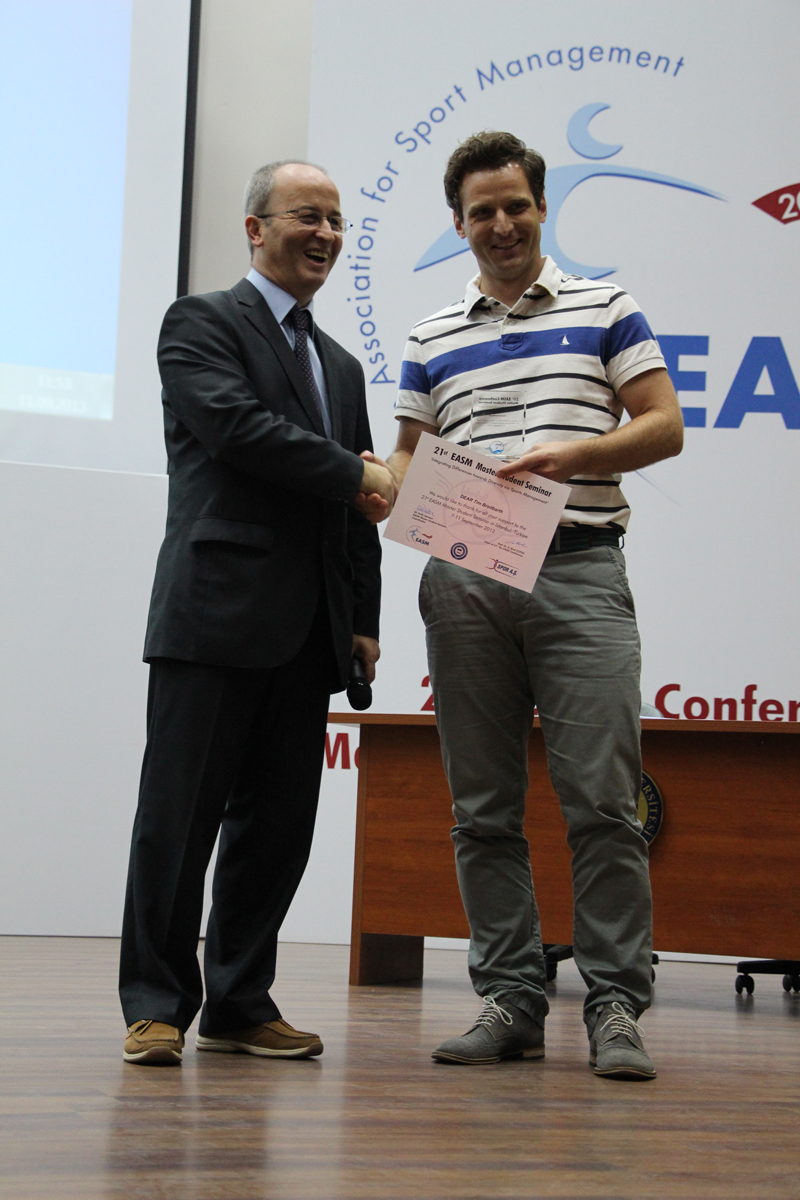















 New weight change BU paper
New weight change BU paper One week to go! | The 16th Annual Postgraduate Research Conference
One week to go! | The 16th Annual Postgraduate Research Conference Geography and Environmental Studies academics – would you like to get more involved in preparing our next REF submission?
Geography and Environmental Studies academics – would you like to get more involved in preparing our next REF submission? Congratulations to three former BU staff
Congratulations to three former BU staff MSCA Staff Exchanges 2024 Call – internal deadline
MSCA Staff Exchanges 2024 Call – internal deadline Applications are now open for 2025 ESRC Postdoctoral Fellowships!
Applications are now open for 2025 ESRC Postdoctoral Fellowships! Horizon Europe – ERC CoG and MSCA SE webinars
Horizon Europe – ERC CoG and MSCA SE webinars MaGMap: Mass Grave Mapping
MaGMap: Mass Grave Mapping ERC grants – series of webinars
ERC grants – series of webinars